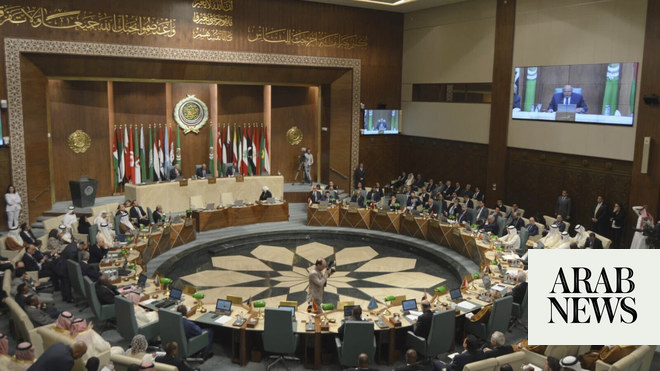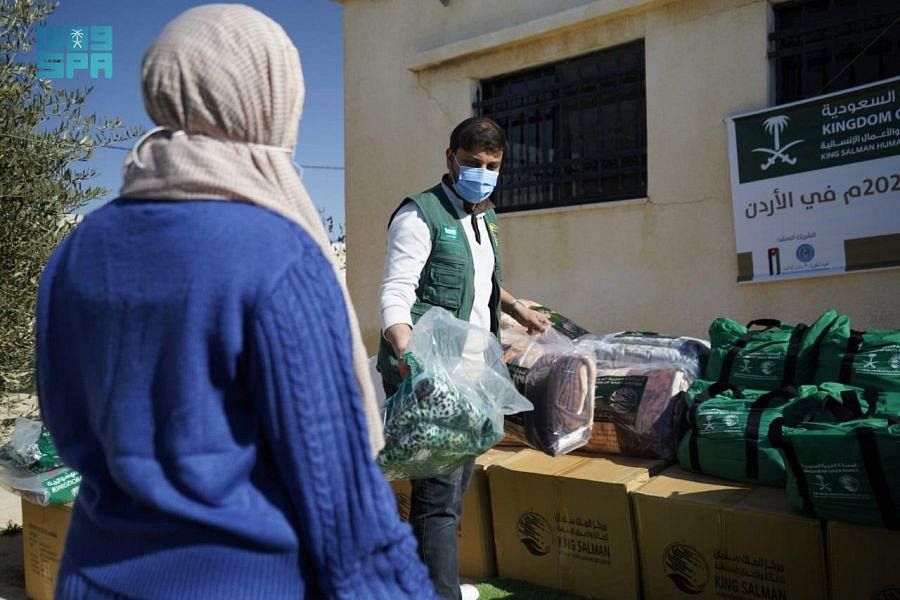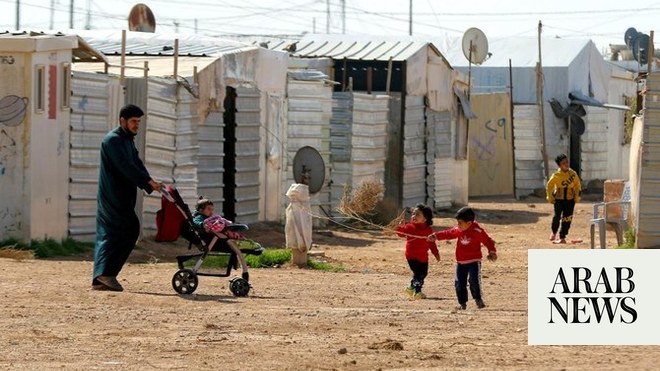
The issue of Syrian refugees in Lebanon has long been a source of division among the countrys rival political powers. The recent Russian initiative to form a tripartite committee between Lebanon, Syria and Russia has, however, been positively received by Lebanese officials, especially since it enjoys the international community’s blessing and does not demand actual political contacts with the Syrian regime, an informed source told Asharq Al-Awsat.
Lebanese officials have been divided over the “voluntary return” of Syrian refugees to their homeland and others who have spoken of their “safe return”. Others saw the need for coordination with the regime, while others categorically rejected contacts with it.
The tripartite committee appeared to offer a respite in the political squabbling. Prime Minister-designate Saad Hariri’s aide on Russian affairs, George Shaaban, recently traveled to Moscow to tackle the issue. His talks centered on the latest Syrian developments, specifically Russian-European negotiations on the reconstruction of the war-torn country.
A main condition for the establishment of the committee is limiting political coordination to only Russia, said the source. This is a condition that Hariri will not abandon.
The Russian initiative offers a glimmer of hope that the refugee file in Lebanon could be resolved.
The issue was never in Lebanese hands, said Moeen al-Merehbi, Lebanese caretaker Minister of Displaced Affairs.
The Lebanese state had approached this issue and still approaches it from a humanitarian standpoint, he stressed. It cannot tolerate the return of these people to the mercy of a regime that has used all sorts of weapons against them.
He remarked that the Lebanese state wanted to resolve this file, but without having to normalize ties with the Syrian regime and without having to force people to return to their homes. To this end, communication should be made through players that are able to provide guarantees.
Based on this, Merehbi said that the Russian proposal to form a tripartite committee could work, primarily because negotiations will take place with Russia. Moscow can provide the guarantees that the state needs to ensure the refugees’ safe return, given the influence it wields in Syria.
Merehbi hoped that the United States would follow Russia’s example and provide guarantees for the refugees’ return in regions it controls in Syria.
On the Lebanese front, the tripartite committee cannot see the light without the formation of a new government, he added.
“Normalizing ties with Damascus is one of the reasons for the delay in the government formation process,” he said.
He noted that the political camp that garnered the majority of votes during the parliamentary elections in May is “insisting on normalizing ties with a regime that the Lebanese government refuses to communicate with.”
On this note, he condemned the “illegal and unconstitutional” committees that had recently emerged in Lebanon dedicated to Syrian refugees.
The “Hezbollah” party and Free Patriotic Movement (FPM) had formed two separate committees to coordinate the return of refugees to Syria. These committees were no longer valid, given the Russian initiative, said Merehbi.
Those who set up the illegal committees have pitted themselves in a confrontation with Russia after they had previously pitted themselves against the Lebanese state.
For example, he pointed to how “Hezbollah” formed such a committee after it witnessed how the General Security had registered 3,000 refugees. This was a sign of defiance of the state.
Moscow had also recently announced that only Russian and Syrian regime forces would be deployed along the Lebanese-Syrian border, meaning that it would not accept any Lebanese party, specifically “Hezbollah”, playing a role in this issue, Merehbi continued. The Lebanese state alone would be tasked with protecting its side of the border.
“Hezbollah” chief Hassan Nasrallah had announced in June the formation of the committee that would help Syrian refugees return home given its ties with Damascus.
Former MP Nawwar al-Sahili had previously revealed that dedicated centers were set up in Beirut, the South and eastern Bekaa region for refugees. There, they can fill an application that would be sent to concerned officials in Syria. The Lebanese General Security would then be contacted to finalize their return arrangements.
Soon after this announcement, the FPM made a similar one, saying that it had formed a central committee for refugees.
Both of these committees were met with Lebanese criticism that said they undermined the authority of the state. They also dismissed “Hezbollah’s” credibility given that it had fought alongside the regime in the war against the Syrian people and was a factor in their displacement.











